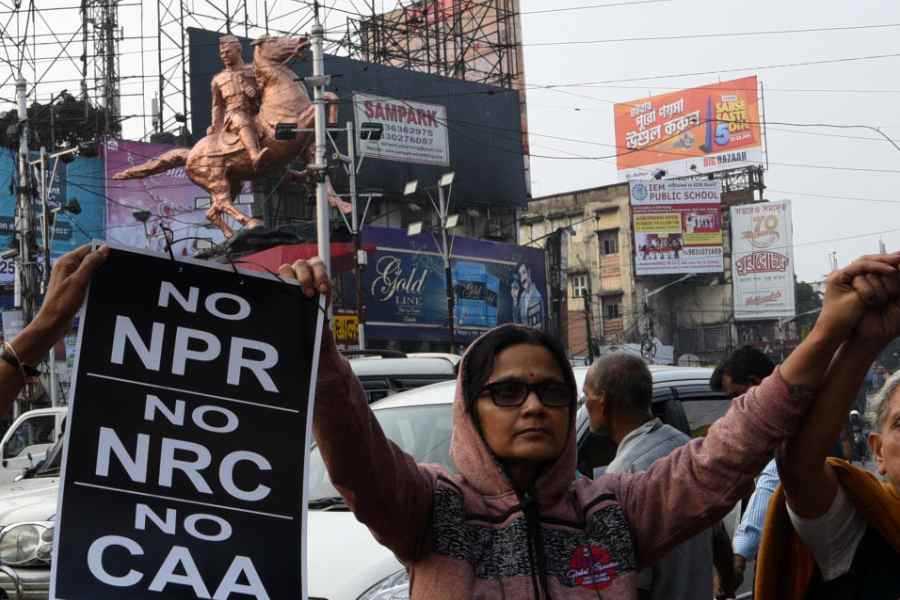India cannot be decolonised without being debrahmanised. In “Decolonization is not a metaphor”, Eve Tuck and K. Wayne Young emphasise that settler colonialism does not end through a replacement of the power structure but through a complete degeneration of the existing power relations and due recognition of the indigenous people.
Who are the indigenous people in India? Definitely not the Brahmins and other high caste Hindus. While a whole gamut of discourses exists on who is an Adivasi and how do we identify and categorise the scheduled castes and scheduled tribes in the country, there is no denying the fact that any practice towards decolonisation does not yet include the indigenous people. All the hue and cry around decolonisation that is happening in India, within the academia, within the critical thinking circle, and within ‘liberal’ networks, are all based on a ridiculous defence of the Brahmanical framework of Hindutva as a banal rebuttal of Islamophobia and a range of vitriol against the minorities in the country.
In Creolizing the Modern, Anca Parvulescu and Manuela Boatca talk about how the myth of 'hoch culture' of the Western civilisation can be debunked through creolising simply because the modern is also the indigenous as there is nothing pure about cultural constructs. Consequently, if the West considers its ‘natives’ to be the sole legitimate population and everybody with ‘mixed backgrounds’ is to be disenfranchised, the Indian State, by the same logic, considers only the caste Hindus worthy of living in the country; everybody else must prove their roots and worth to continue inhabiting India. This is directly reflected in the National Register of Citizens and the Citizenship (Amendment) Act that the current Indian government is throwing upon the people of India. This tendency of undermining the lower castes and minorities is also witnessed in the University Grants Commission draft proposal that wants to remove reservation in higher education recruitments.
Decolonisation, insofar as shifting the fulcrum of knowledge production is concerned, as a discourse also calls for asking in which direction is the new axis shifting. Echoing the sociologist, B. de Sousa Santos, one must be careful to not repeat what Tuck and Young already alert us to — reproducing the structure of domination from the settler coloniser to homegrown compradors. Drawing on this thesis, how can India be decolonised if Brahmanism, the very framework of historical domination of the caste Hindus, cannot be challenged? How is an exacerbation of the caste system coupled with the devalorisation of the religious and ethnic minorities in the country a dismissal of coloniality?
In this connection, those defending the theocratisation of the secular State in the name of decolonisation could find Julia Bertelsmann’s discourse on global apartheid useful. Originally coined by Anthony Richmond, global apartheid has eventually emerged as a framework for understanding coloniality as a temperament. While the term is mostly used for referring to the structure of exploitation of the Global South by the Global North, the internal structures of domination within postcolonial societies can also be investigated through this concept. In its efforts at rejecting everything ‘Western’, the Indian State has taken up the responsibility of eradicating history by pushing the religious minorities and the indigenous people to the fringe, to the extent that while Dalits are allowed to construct a temple, they are still not allowed to enter the premises once the consecration of the Hindu gods take place.
Put in context, the replacement of the British crown by Hindu temples at the altars of mosques and shrines is not decolonisation. India needs to creolise the Hindu sacred and consider debrahmanisation if any decolonisation is to take place.
Amrita Datta is the author of Stories of the Indian Immigrant Communities in Germany: Why Move?










